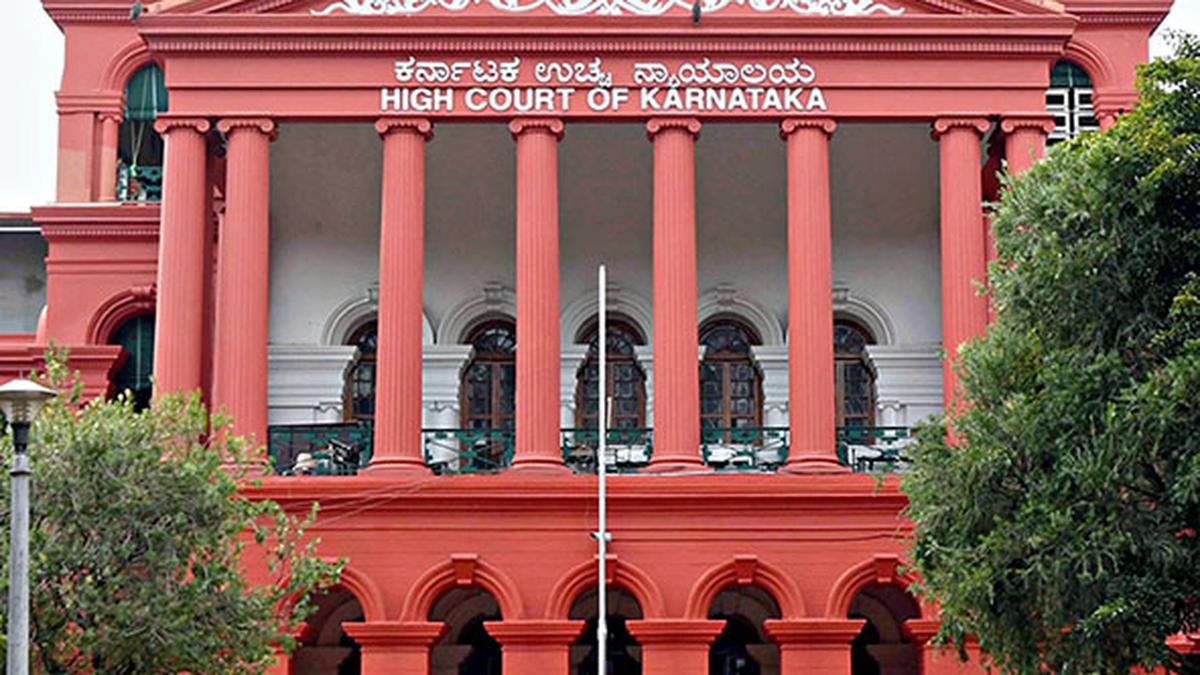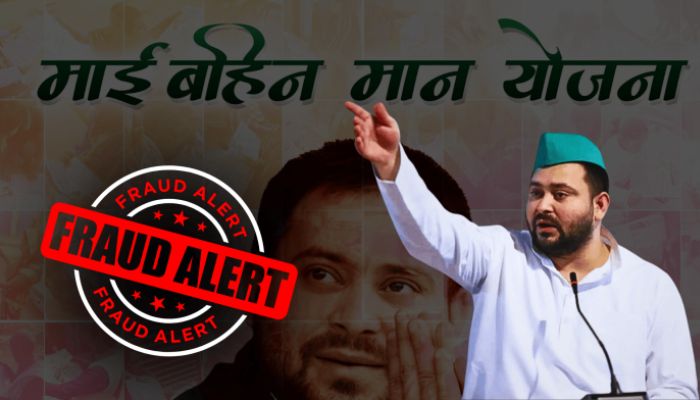No video recording of counting process: Karnataka High Court orders recounting of votes polled in election held to Malur Assembly constituency
By The Hindu Bureau
Copyright thehindu

The High Court of Karnataka on Tuesday ordered recounting of votes polled in the elections held to the Malur Assembly constituency in Kolar district during May 2023, while setting aside the election of Congress candidate K.Y. Nanje Gowda, as the District Election Officer (DEO) failed to produce before the court the video recordings of the process of vote counting for verifying allegations of illegalities during counting.
The court also directed the Election Commission of India (ECI) to take note of the fact that the DEO had failed to furnish the video recording before the court and take appropriate action against the DEO as per the law.
Justice R. Devdas passed the order while partly allowing an election petition filed by the defeated candidate K.S. Manjunath Gowda of the BJP.
The court directed the DEO and the ECI to ensure recounting of votes and declare results afresh within four weeks, and follow all other procedures after declaration of results in accordance with the law after recounting of votes.
However, the court stayed for 30 days its order for recounting of votes to enable Mr. Nanje Gowda to file an appeal against this order before the Supreme Court.
Before opening EVMs
Mr. Manjunath Gowda, making several allegations about illegalities in the counting process in his petition, had alleged that the Returning Officer (RO) and his team of election officers had obtained signatures of the counting agents of the petitioner [Mr. Manjunath Gowda] even before the EVMs were opened, in violation of Rule 66A of the Conduct of Election Rules, 1961Rules.
The RO did not pass any order on the application for recounting filed by the petitioner; there was wrong tabulation of votes by the RO; that the signature of the counting agents of the petitioner had not been obtained in many of Form-17C Part-II; and unauthorised persons were permitted to enter the counting centre, etc., were among other allegations.
However, the High Court said these allegations could have been easily verified if the DEO had produced the videograph of the counting process as the videography of the counting process was mandatory as per the ECI’s norms.
The ECI’s norms made it clear that “the videography should indicate the date and time, and the video CDs should be sealed, clearly labelling all the details contained therein after the counting process is over for future reference” and could not be brushed aside as mere guidelines, the High Court said.
The High Court also pointed out that the ECI’s guidelines also made it clear that a CD containing the record of complete videography of counting process may be given to candidates for free, on specific demand, and the wisdom behind such guidelines are not far to seek.
Summons to DEO
When the court issued summons to the DEO to produce the videography of the counting process, the official did not produce the video but filed an affidavit with communications made to the service provider and the reply given by the service provider that it had handed over the hard disk containing the video recordings and upon receipt of all the data, completion certificate was issued to them by the DEO, the High Court noted.
“The ECI is aware of all these developments; however, all efforts made by this court to secure the video recordings have gone in vain,” observed Justice Devdas while ordering recounting of votes relying on apex court’s recent judgement of upholding action of recounting in an election after diary of the presiding officer of the polling booths could not be traced.



